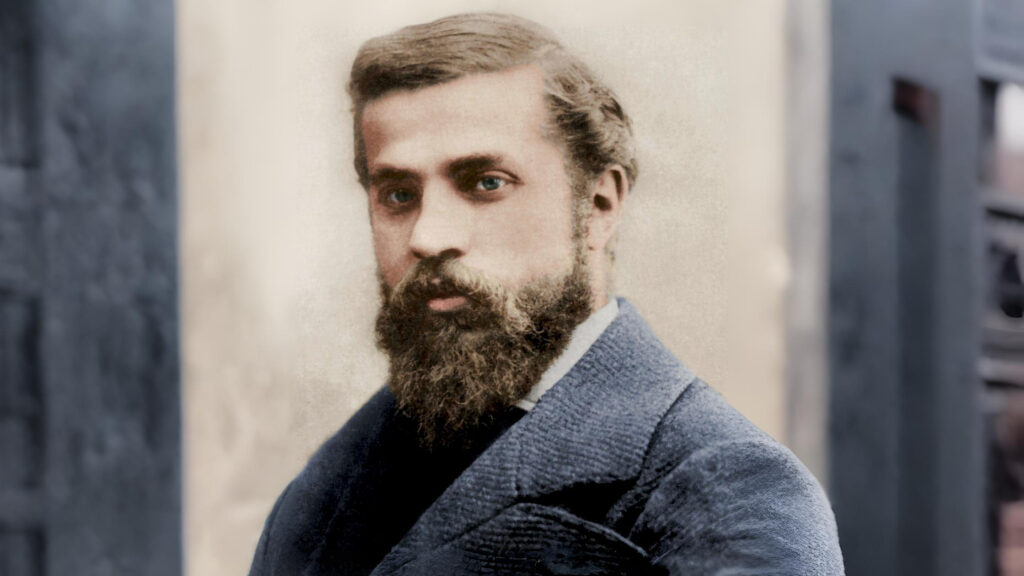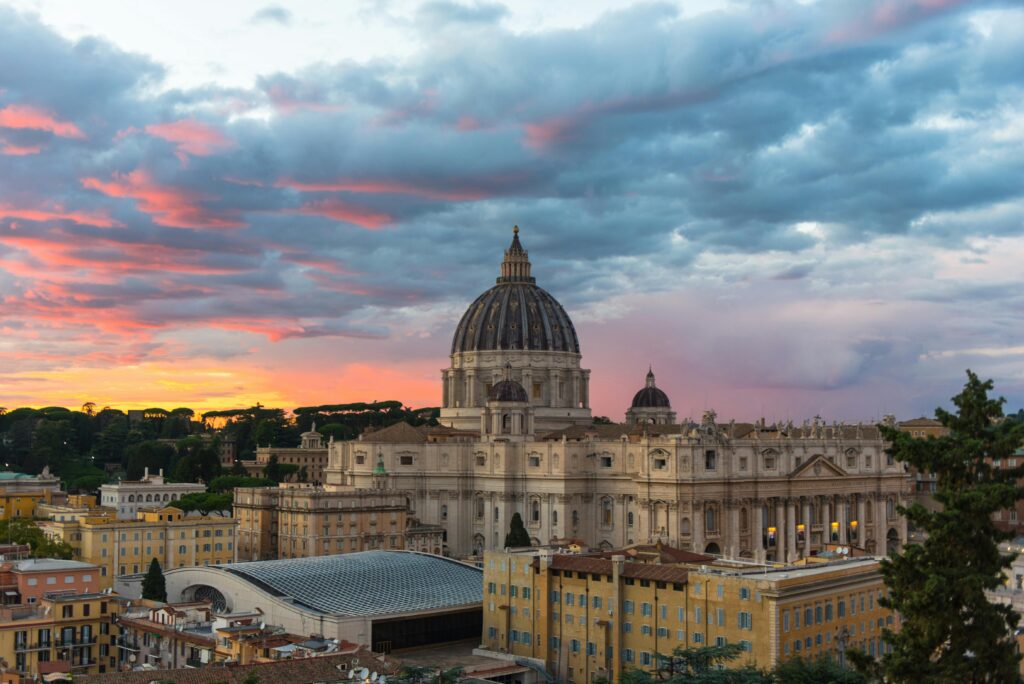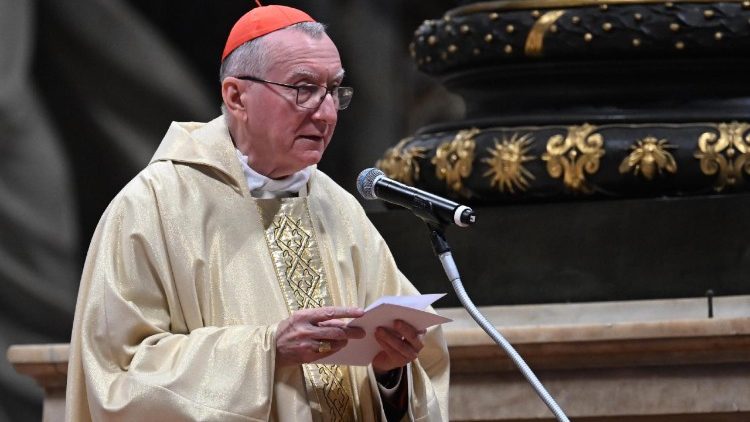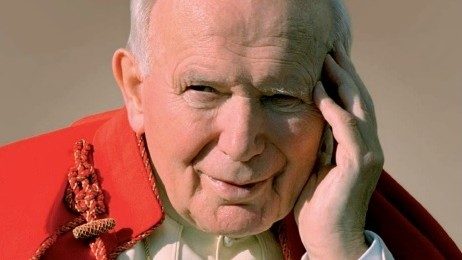Freedom of peaceful assembly and association is inviolable
The Permanent Observer Mission of the Holy See to the UN and other international organizations participated in the 56th session of the Human Rights Council in Geneva, highlighting the importance of protecting the law to foster a pluralistic society where people with diverse opinions and beliefs can live together peaceably

“Freedom of peaceful assembly and association, like all fundamental human rights, is universal, inalienable and inviolable.” This was stated by the Permanent Observer Mission of the Holy See to the United Nations and other international organizations in Geneva, on the occasion of the 56th ordinary session of the Human Rights Council. In the interactive dialogue with the special rapporteur on the rights to freedom of peaceful assembly and association, which took place this June 28 in Geneva, the Vatican Delegation started from the assumption that freedom of peaceful assembly and association, together with the right to freedom of expression, “constitutes a fundamental principle of any well-functioning democratic society,” because it “facilitates the expression of opinions that may or may not be shared by all members of a society.”
The universality of human rights
Therefore, it is “indispensable” to protect this right “to promote the existence of a pluralistic society in which people with different opinions or beliefs can coexist peacefully.” In this context, the Vatican Delegation stressed that “freedom of peaceful assembly is inextricably linked to freedom of religion or belief, and that they are mutually reinforcing, interdependent and interrelated.” “The universality of human rights is such that they apply to all human beings without exception, by virtue of the universal dignity of every human person”; as such, “no one has the right to deprive others of it, since this would be contrary to its intrinsic nature.”
Limitations in specific cases
However, the Mission in Geneva reiterated the importance of imposing “in specific cases” limitations on the exercise of these rights, “as long as such limitations comply with international legal obligations in this regard.” In fact, “every human right is accompanied by a series of duties and responsibilities that must be respected. In this interaction between rights and responsibilities, communities are formed and protected as a means to pursue the common good.”
The Pope’s warning
In this sense, the Pope’s words were recalled in the first Message for the World Day of Peace, in which he reiterated “the need for democratic participation and the involvement of all, which requires considerable efforts and perseverance.” One form of this participation is the exercise of the right to freedom of assembly and association: Pope Francis maintains that such participation is indispensable to prevent democracy from atrophying and becoming a formality. Without it, democracy suffers the risk of losing its representative character and becoming disembodied, without addressing people’s daily struggles for dignity and the construction of their lives.
Related

Antoni Gaudí Takes Another Step Toward the Altar: Declared Venerable by the Church
Exaudi Staff
14 April, 2025
2 min

On April 5 and 6, pilgrims from around the world will celebrate the Jubilee for the Sick
Exaudi Staff
04 April, 2025
4 min

John Paul II: The Tireless Pilgrim Who Continues to Inspire the World
Exaudi Staff
03 April, 2025
2 min

Mass in Commemoration of the 20th Anniversary of the Death of John Paul II
Exaudi Staff
01 April, 2025
1 min
 (EN)
(EN)
 (ES)
(ES)
 (IT)
(IT)

